In a daring display of adventure, Afrobeats star Tiwa Savage recently shared a video on her Instagram story, showing her swimming with sharks. The 44-year-old singer, known for her vibrant music and bold fashion choices, was seen gracefully navigating the waters with an oxygen mask, fulfilling an item from her bucket list. However, the video, which rapidly became viral, elicited a wave of concern from her fans worried about her safety.
In response, Savage took to social media once again, this time to address the concerns with a statement that was both reassuring and revealing. “The real danger lies within the Nigerian music industry,” she declared, adding, “Everyone worried about me swimming with sharks, but the ones in this music industry are way more f**king dangerous.” This bold statement has ignited speculation and discussion about the dynamics within the Nigerian music scene.
Her remarks come at a time when the industry is under the spotlight not only for its musical talents but also for its internal conflicts. Savage’s previous public disputes, notably with fellow artist Davido, have been well-documented. In January 2024, she accused Davido of threats, leading to a police petition where she expressed fears for her safety and that of her family. This tension was further exacerbated by her ex-husband, TeeBillz, who publicly promised to retaliate against Davido for perceived disrespect.
Savage’s shark-swimming video and her subsequent comments serve as a metaphor for the challenges and dangers she perceives in her professional environment. While she did not specify the exact nature of these “sharks” in the industry, her words resonate with many who are aware of the competitive, sometimes toxic, undercurrents in music circles.
The Nigerian music industry, celebrated globally for talents like Wizkid, Burna Boy, and Tiwa Savage herself, especially during events like the #GreaterLagosCountdown2025, also grapples with issues like rivalry, exploitation, and personal safety. Savage’s recent experience and her candid response highlight not only her personal bravery but also shine a light on the broader, often unspoken, struggles within the industry.
As fans and onlookers digest her words, the conversation about the health and ethics of the Nigerian music scene continues to evolve, pushing for a dialogue on how artists can thrive without fearing the metaphorical “sharks” in their midst.

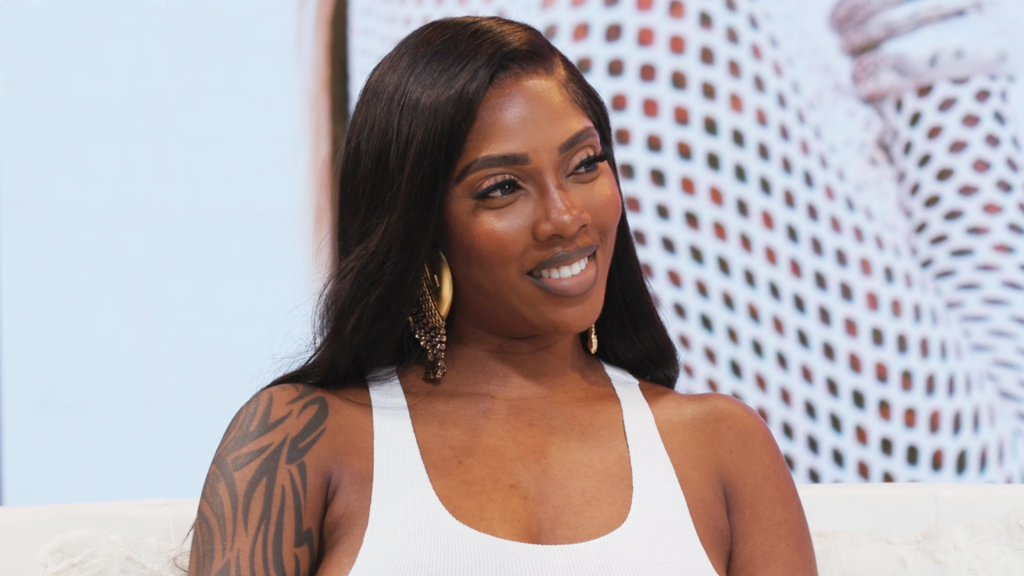



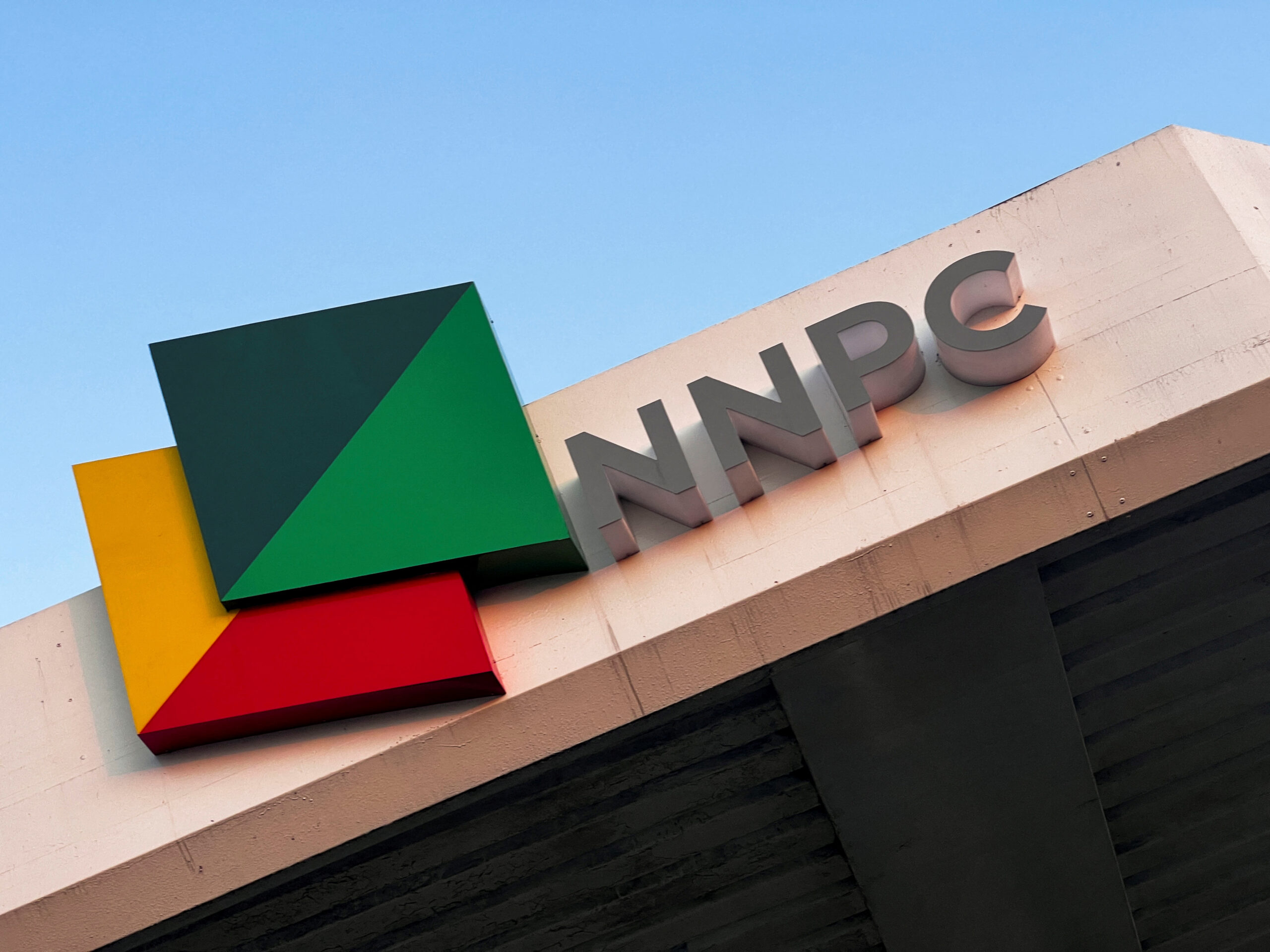


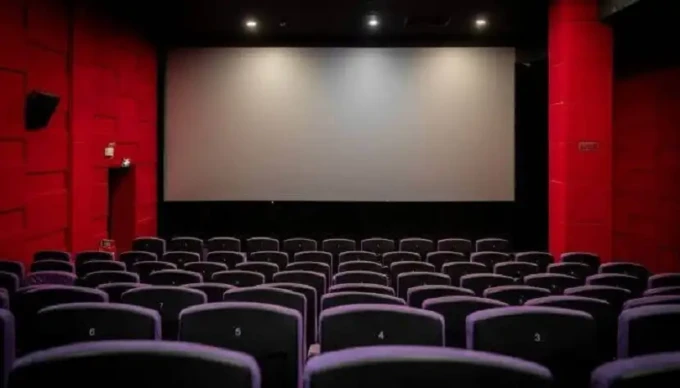

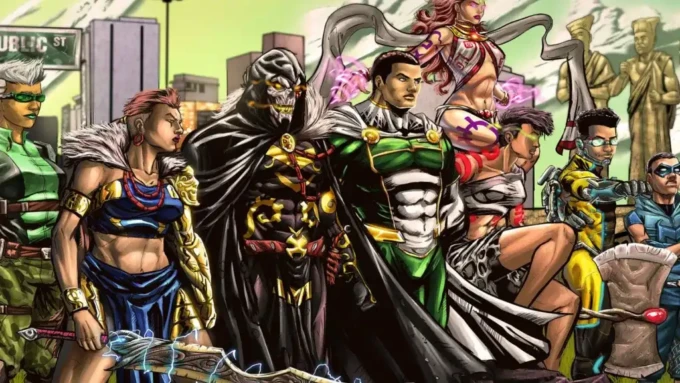
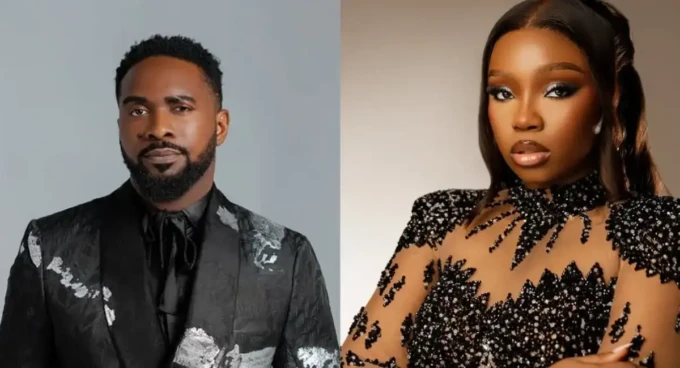
I disagree, Tiwa Savages shark encounter isnt a metaphor for the Nigerian music industry. Lets not overanalyze, its just a scary incident.
I disagree – Tiwa Savages shark encounter isnt a metaphor for the Nigerian music industry. Lets not stretch comparisons too far!
I disagree with the comparison of Tiwa Savages shark encounter to the Nigerian music industry. Its a stretch! What do you think?
I disagree with the comparison of Tiwa Savages shark encounter to the Nigerian music industry. Its a stretch, dont you think?
Wow, I never thought of Tiwa Savages shark encounter that way! Do you think the Nigerian music industry is really that ruthless?
I disagree with the comparison of Tiwa Savages shark encounter to the Nigerian music industry. It feels like a stretch.
I think comparing Tiwa Savages shark encounter to the Nigerian music industry is a stretch. Lets not overanalyze everything, folks!
I think comparing Tiwa Savages shark encounter to the Nigerian music industry is a stretch. Seems like a forced metaphor to me.